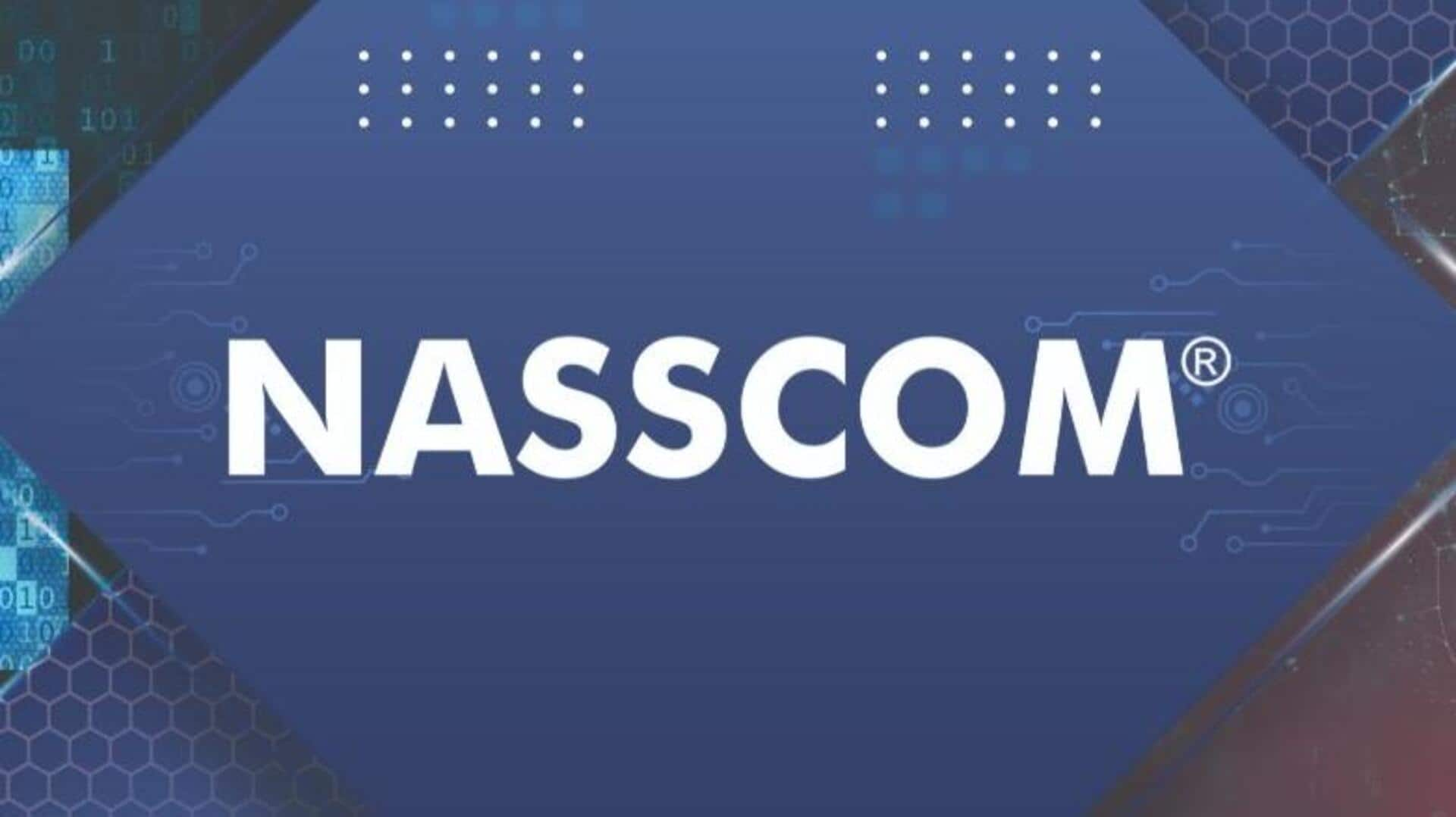
How IT body Nasscom reacted to Trump's $100,000 H-1B visa-fee
What's the story
Nasscom, a major player in the Indian tech industry, is evaluating the potential impact of US President Donald Trump's proclamation to impose an annual fee of $100,000 (around ₹88 lakh) on H-1B visas. The move could have a major effect on both Indian technology companies and US firms that employ Indian professionals.
Visa details
Indian government looking into implications
H-1B visas are non-immigrant permits that allow US companies to hire foreign workers in specialized fields such as science, technology, engineering, mathematics (STEM), and IT. The Indian government is also looking into the implications of Trump's decision. A senior official said to Moneycontrol that New Delhi is consulting with Nasscom and the Indian Embassy in Washington on this matter.
Impact assessment
Legal challenges expected in US
The official said the new costs will hit US technology companies more, which depend on Indian professionals for specialized roles. However, there is a silver lining as well. The official said this could lead to an increase in global capability centers (GCCs) to address talent shortages. The government also expects legal challenges against the proclamation in the US due to its wide-ranging impact on employers and foreign workers alike.
Strategic shift
IT firms reduced reliance on H-1B visas
Over the years, Indian IT companies have strategically reduced their reliance on H-1B visas by increasing local hiring in the US. According to data from the National Foundation for American Policy (NFAP), approved H-1B petitions for initial employment from India's top seven IT companies fell by 56% between FY15 and FY23.
Proclamation details
Trump alleges systemic abuse of H-1B visa system
In a presidential proclamation, Trump said the new rule would come into effect from September 21 for a period of 12 months. After that, it will expire unless extended. He alleged "systemic abuse" of the H-1B visa system by IT outsourcing firms and called it a "national security threat." The rules are likely to make hiring foreign talent, especially from India, more difficult for US technology firms.
Uncertain future
Proposed fee may limit job mobility
Sophie Alcorn, an immigration lawyer, said the proposed fee will not force immediate returns but will limit job mobility, and make visa renewals costly for thousands of Indian tech workers. Employers may hesitate to sponsor or retain H-1B employees, especially early-career professionals. This could increase the risk of some having to return to India or being sent to other countries such as Canada, the UK, UAE and Saudi Arabia.